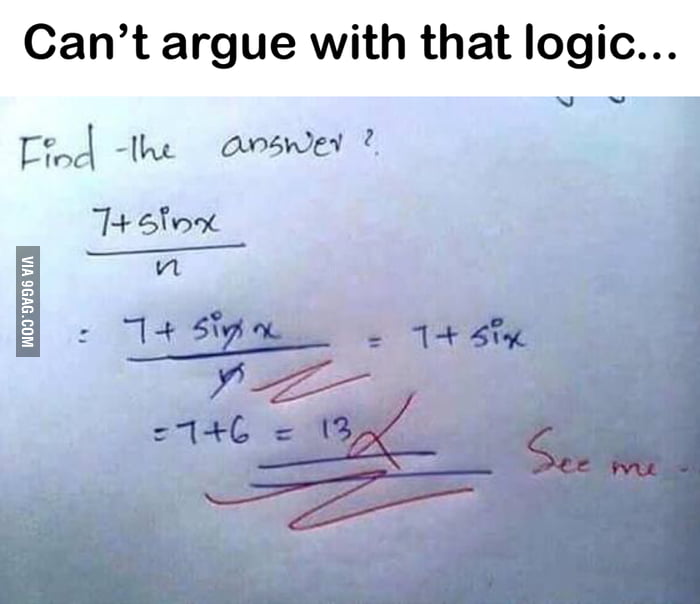
Originally Posted by
Lobo

You presumptuous brat, I won't explain myself. The Well Tempered Clavier to me is a very Ti thing to do, if there was such a thing.
What, a common theory cycle? There is no Ti in that, or especially Ne: it's all the same foundation, a common sense of efficiency in writing. Maybe it doesn't appeal to your Ne, but it's Ni and Te that repeat solidly formed techniques. Can't you read a description of the alpha quadra first before coming to that conclusion. Bach is one of the most Fe devoid composers I've heard, and not an inventor but an obvious reorganizer of common patterns/techniques, and here's some musical education for you: compare to a Ti method of structurizing, which so obviously doesn't reform patterns to complement a certain style, but redevelops the root of the composition's structure each time, and the diversity of Fe-valuing in this piece of music (which can equally be summarized in terms of solid foundations, ie. common emotions forced):
http://www.youtube.com/watch?v=90MuPqYtV_k#t=3m5s
Tell me any Alpha NT on that list who can't do close to that.
Well tempered clavier, hah. Do you really expect an ILE genius to be so boring? At least Mussorgsky, a likely ILI, was highly influenced by the romantic era, you can still tell how traditional to his adopted knowledge he's trying to "get right" without having the proper education. Alpha for both of them is out of the question. Mussorgsky to a Ti valuer after a while is like listening to a pendulum.



 Reply With Quote
Reply With Quote
 in Beethoven. Mostly alot of really stormy
in Beethoven. Mostly alot of really stormy  , IMO. Love it.
, IMO. Love it. in his music, in comparison with someone like Chopin; but delta seems a bit of a stretch. He uses abrupt metrical shifts prominently in the symphonies, piano trios and string trios, bringing in different instruments somewhat disparately. I've noticed this quality pretty consistently in
in his music, in comparison with someone like Chopin; but delta seems a bit of a stretch. He uses abrupt metrical shifts prominently in the symphonies, piano trios and string trios, bringing in different instruments somewhat disparately. I've noticed this quality pretty consistently in  -valuing musicians.
-valuing musicians.






